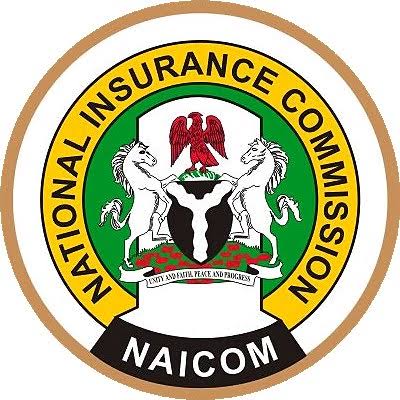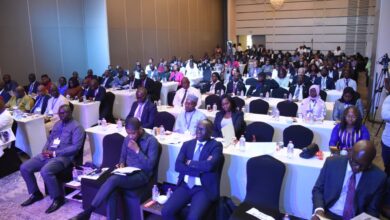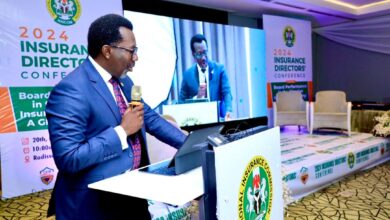Consolidated Insurance Bill supports NAICOM’s new capital regime, determination of industry’s risk-based requirements

The Consolidated Insurance Industry Bill currently undergoing processes for passage into law empowers the industry’s primary regulator, the National Insurance Commission (NAICOM) amongst other things to determine the industry’s risk-based requirements from time to time.
The Bill also maintained that operators will still need to raise their capital to N8 billion for Life business; N10 billion for those in the general business and N18 billion for those doing both Life and General business; while those in reinsurance class are expected to increase their capital to N20 billion.
Findings revealed that no insurer shall carry on insurance business in Nigeria unless the insurer has and maintained, while carrying on that business, a paid-up share capital of not less than N8 billion for life insurance business; non-life insurance, not less than N10 billion and reinsurance business, not less than N20 billion.
“The paid-up share capital stipulated in subsection (1) of this section in the case of existing insurer shall come into force on the expiration of a period of 9 months from the date of commencement of this Bill;” the bill stated.
Schedule V of the bill fail to give much attention to risk-based capital which the Nigerian Insurers Association (NIA) is eyeing as the suitable capital structure for the sector. The bill only empowers the National Insurance Commission (NAICOM) to from time-to-time determine the risk-based requirements for the industry.
The NIA had recently declared its preference for risk-based based capital structure and asked the National Assembly to infused and promote it in the Insurance Industry consolidated bill.
Chairman of the Association Ganiyu Musa, said in adopting risk-based Capital adequacy template, the Association took cognizance of the need to consider insurance risk, market risk, credit risk, and operational risk as well as the need to apply such capital charges on assets and liabilities (all capital resources inclusive).
He hinged the Association’s position on the 2013 IMF Report on the Nigerian Insurance Industry which prescribed the risk based capital model as most suitable for the Nigerian Insurance market.
According to him, the IMF report was duly acknowledged and admitted by the National Insurance Commission (NAICOM) as the right capital framework for the market as it seeks to limit the capital required by operators to the level of risks they can carry.





